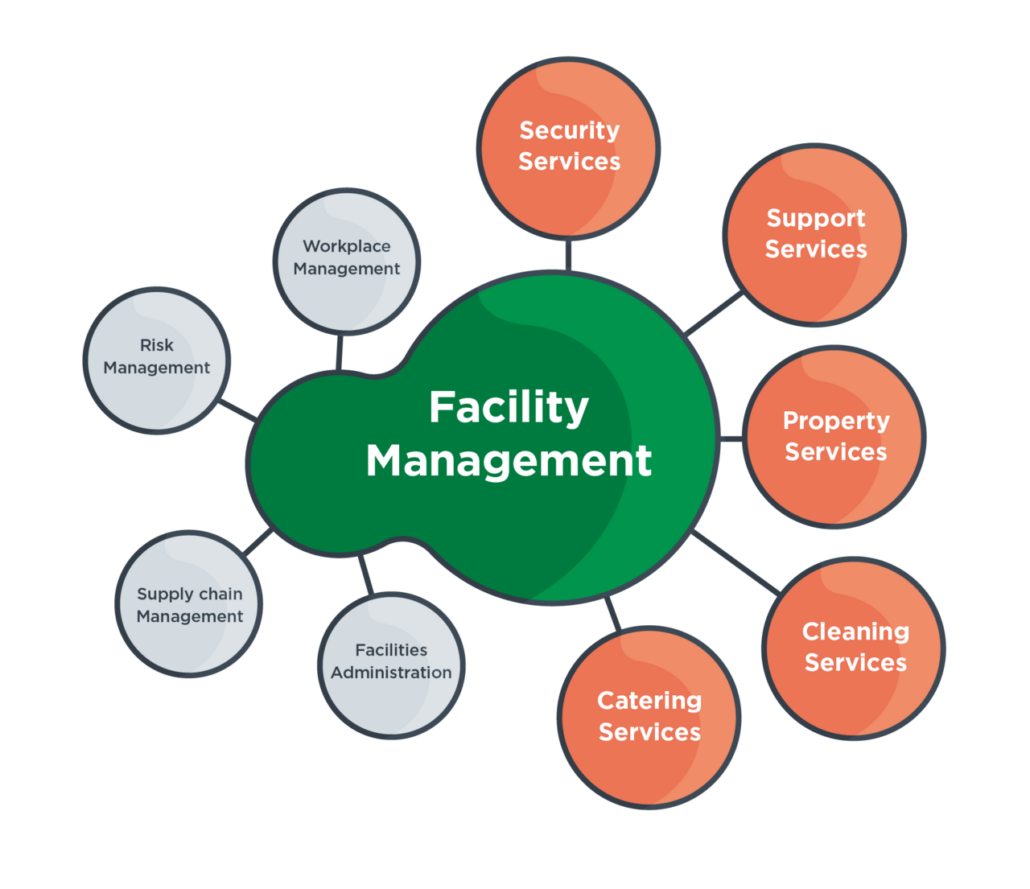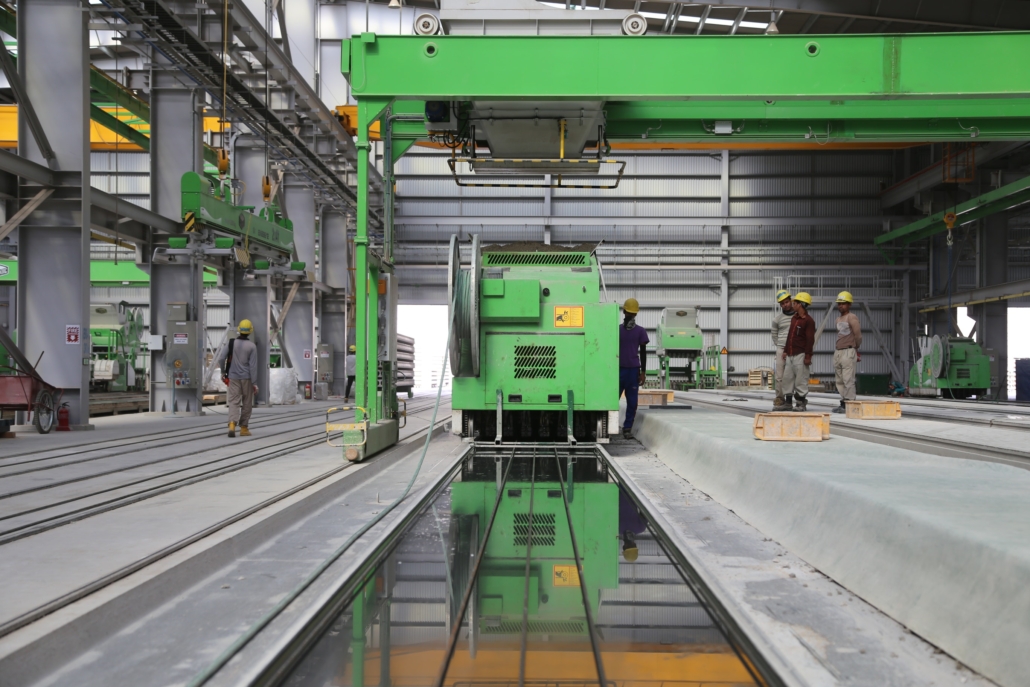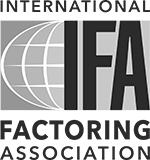A business owner’s guide to facility management
Do you have a strong facility management strategy? Is it being overlooked? Do you need to invest in updating your current one? This guide will help you get started.

Facility management, also known as facilities management (or FM) is all about the details regarding buildings, facilities, assets, and even how employees work within a space. However, for many business owners, CFOs, and business advisors, this critical component of operations is often overlooked.
This guide to facility management will help you understand the importance of having a strong facility management strategy, as well as provide tips for creating and updating your company’s.
The fundamentals of facility management
According to the International Facility Management Association (IFMA), facility management is “a profession that encompasses multiple disciplines to ensure functionality, comfort, safety, and efficiency of the built environment by integrating people, place, process, and technology.”
It encompasses all the systems, tools, and services needed to ensure the proper functionality, safety, and integrity of the built environment, including its infrastructure, surrounding grounds, and allied physical assets.
One of the unique aspects of facility management is just how diverse and complex it is. FM typically encompasses everything from property management-related services, to risk management, cleaning, security and more.
The sheer extent of the FM function can be seen in the diagram below:

Facility management is not only about assets and the physical or built environment. It’s also about the health, safety and productivity of employees and others within a given facility, be it a factory or commercial building.
The management of facilities is as much about the wellness and comfort of employees and occupants, and optimized space usage, as it is about the maintenance of heating and ventilation systems or landscaping of corporate gardens.
The importance of a management system focus in FM
Taking a management systems-based approach to your facility management strategy creates focus and a clear path forward. Since facility management can be multi-disciplinary and extend across an entire organization, it will typically interact with other systems in the company, such as finance, health and safety, logistics, or maintenance.
You may decide to formalize your facility management by aligning it to the international management system standard, ISO 41001, which was first introduced in 2018. It allows a company to benchmark its FM to an internationally-respected standard and, once audited by an external, ISO-accredited audit team, receive a formal certification.

Whether or not a company aligns to ISO 41001, a comprehensive management system will provide the formal structure needed to plan, implement, check and correct, and review facilities-related objectives and targets, action plans, policies, and procedures.
Standard operating procedures (SOPs) should also be included as part of your company’s FM strategy. These management-mandated documents provide maintenance personnel with detailed instructions on how to perform specific (and often highly technical) maintenance tasks. These documents ensure that maintenance work is easily replicated, consistent, safe, and risk-appropriate.
Why invest in a facility management strategy?
So why is having a strong FM strategy important? Aside from strengthening operations, it can also have far reaching financial benefits.
Here are the top reasons you should be investing in yours:
- Preserves the functionality and lifespan of physical assets, including buildings, machinery, equipment, and infrastructure
- Prevents malfunctions or breakdowns of physical assets and systems
- Allows management to attend to building-related and allied issues in a timely manner
- Allows for optimal, sustainable energy usage and utility management
- Optimizes the space usage and flexibility
- Ensures the health and safety of everyone within a facility
- Improves the productivity of employees in the workplace
- Facilitates the wellness and morale of employees
- Encourages smooth operations and processes
- Contributes to lower operating costs and can have a positive impact on your financial bottom line
Funding your facility management strategy
For many manufacturing and distribution companies, finding the funds to allocate to their FM strategy and execution can be challenging. When traditional funding options (bank loans and LOCs) are not available, an alternative is needed.
Invoice factoring can be an excellent way to leverage the power of your outstanding accounts receivables to access funding sooner.
Facility management teams have a lot on their plates, as theirs is an ever-changing, complicated, and evolving world. Investment in proper FM strategic planning and execution can add significant business value for any business owner or CFO.













